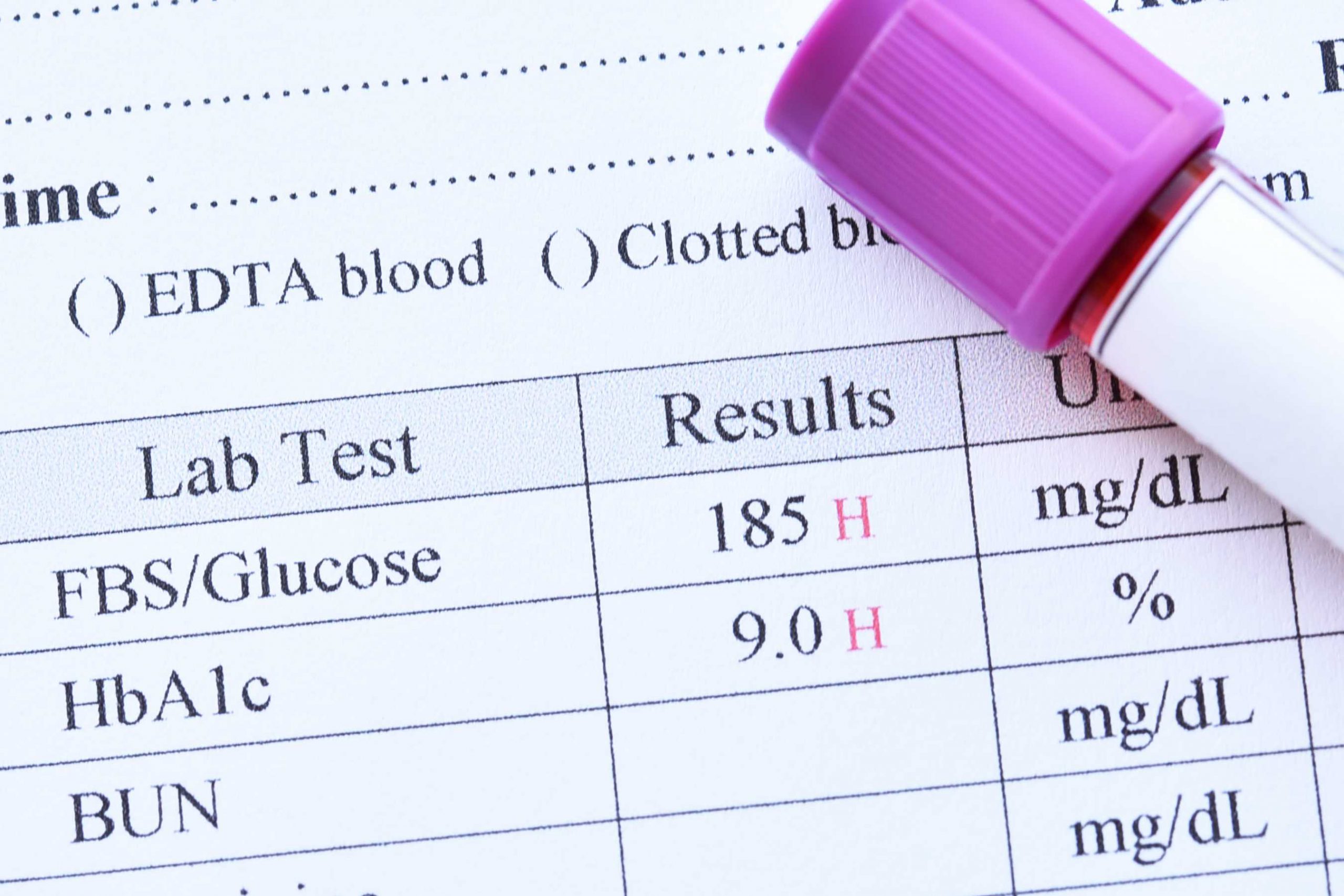tiredgirl91
Well-Known Member
- Messages
- 71
- Type of diabetes
- Prediabetes
- Treatment type
- Other
It shows the last 14 day average. Basically I have 2 questions about this.
1)Can this number somehow "predict" how my next HbA1c is going to look like?
and
2) If I want to calculate my average fasting, or average post meal numbers, would it make any sense to write this numbers separately and then make my calculations?
1)Can this number somehow "predict" how my next HbA1c is going to look like?
and
2) If I want to calculate my average fasting, or average post meal numbers, would it make any sense to write this numbers separately and then make my calculations?

